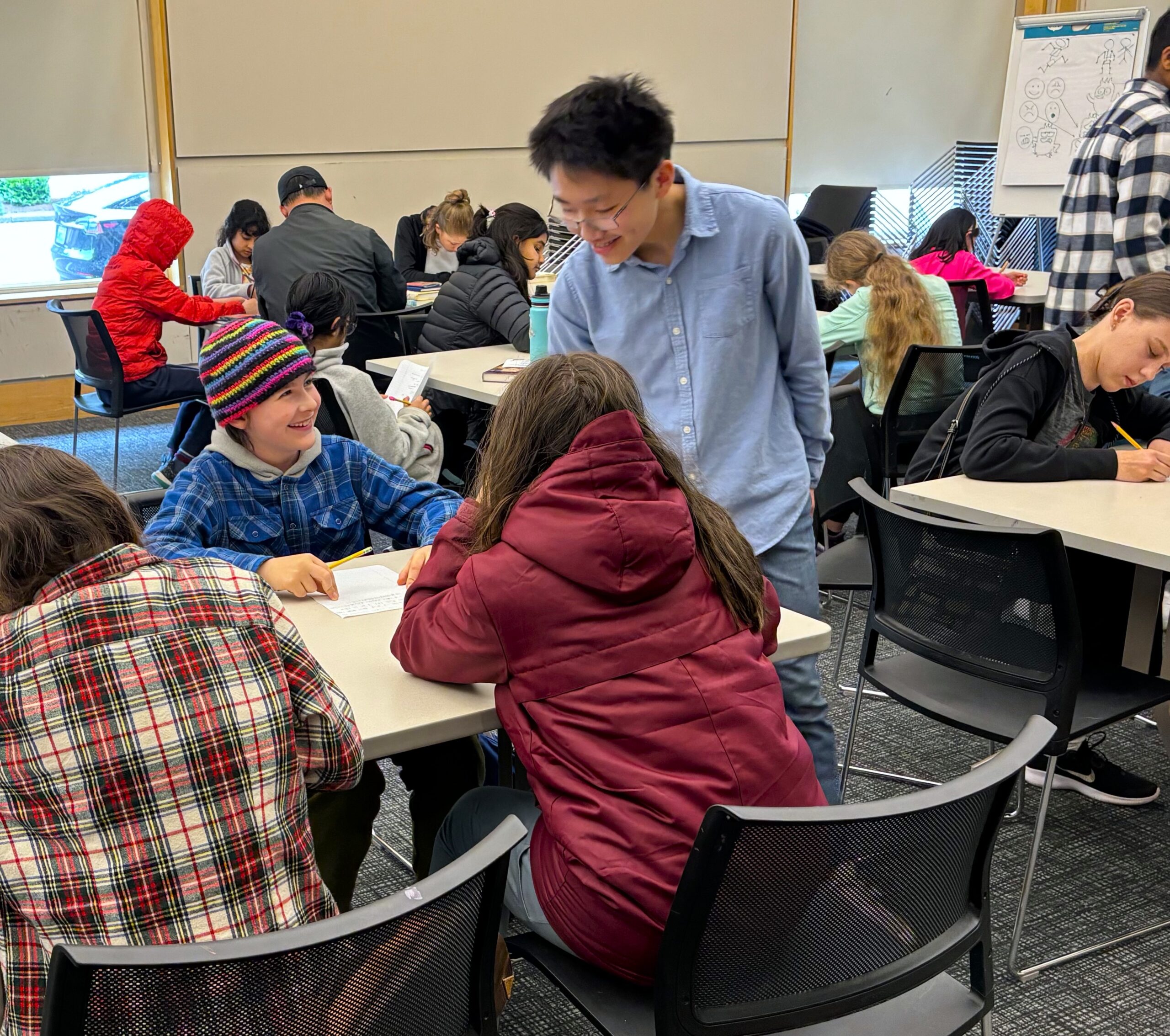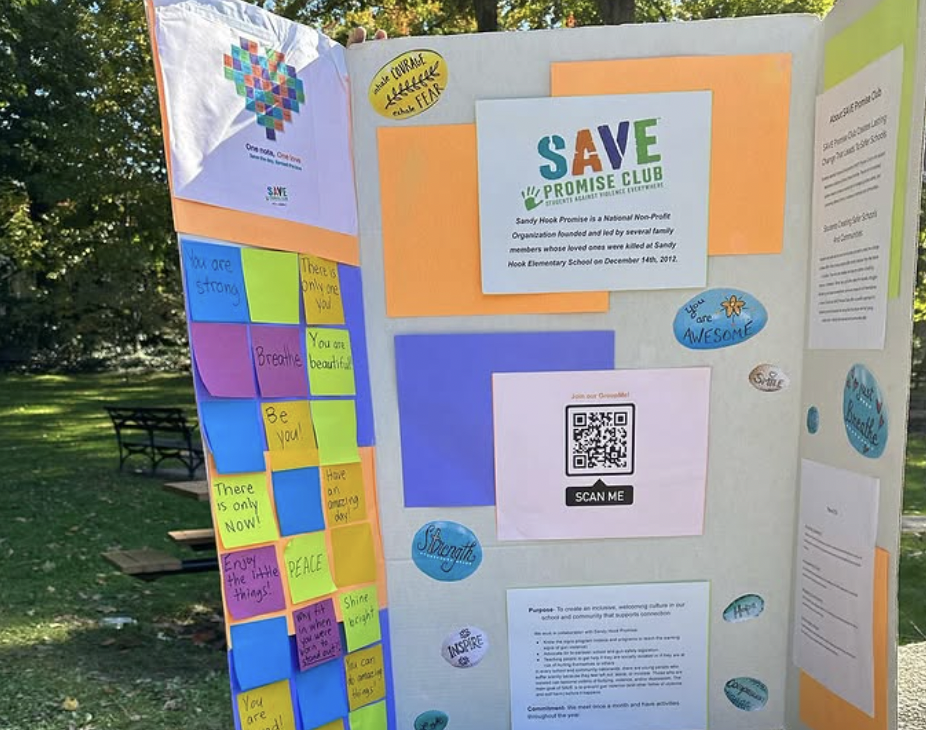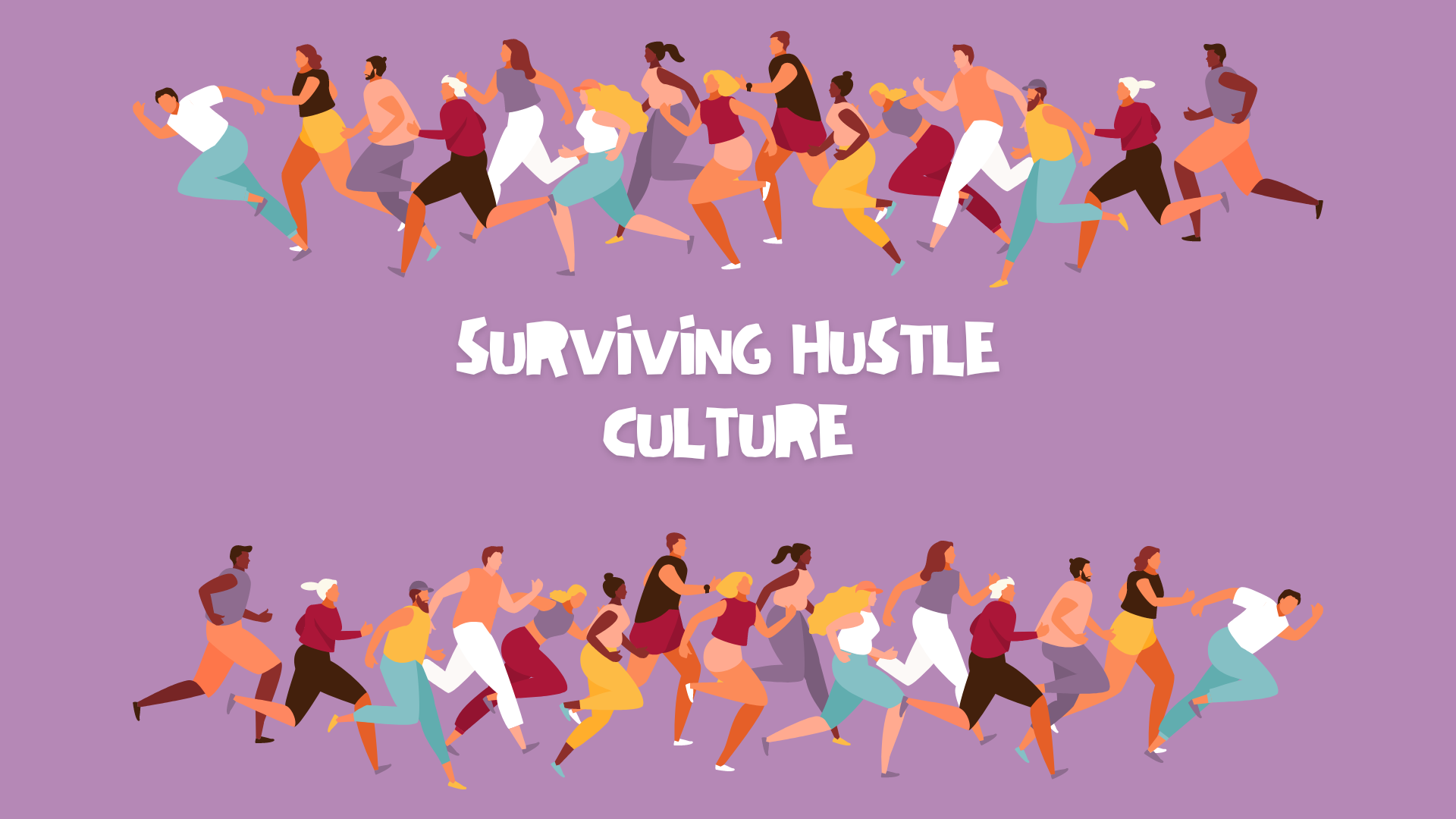In the world of education, the stories of students often reveal the profound impact of empathy and kindness. One such story centers around a kindergarten child I worked with, a student who frequently faced ostracism and was viewed through a lens of negativity. Though this child exhibited behavioral challenges, it was clear to me that these behaviors were rooted in a struggle to acclimate to the school environment and issues within their home environment. Emotional breakdowns were common, and rather than receiving understanding, the student was labeled as “problematic.”
Despite not being assigned to this student, I felt a deep sense of responsibility to reach out. Every day, I dedicated time to sit in their classroom, during lunch and reading soothing books during nap time. It wasn’t part of my job description, but I understood that sometimes, a simple act of kindness can be transformative. These moments created a safe space for the child, allowing them to feel seen and heard.
In the eyes of some staff members, my efforts were misguided; they labeled me as “spoiling” the child. However, I firmly believe that every child has unique emotional needs that deserve recognition. Some children require more than just academic support; they need affection, encouragement, and a safe haven where they can express their feelings without judgment. This is especially true for those who may be neurodivergent, as their experiences often differ significantly from their neurotypical peers.
I made it a point to sit with this child during morning meetings, joining them on the carpet for just a few minutes. Those moments were more than just routine; they were opportunities for connection. I could see how my presence helped the child calm down, providing them with a sense of security amidst their emotional turmoil. Each interaction was a step toward building trust and understanding, allowing them to feel less isolated in a world that often felt overwhelming.
As I spent more time with the child, I noticed small changes.
They began to open up, slowly shedding the layers of fear and anxiety that had built up over time. I watched them transition from a state of constant distress to moments of genuine joy. It was as if, through kindness and understanding, we were rewriting their narrative together. They were not just a troubled child; they were a vibrant individual with dreams and potential waiting to be nurtured.
Eventually, this student graduated from 3K (three-year-old kindergarten), and the achievement was monumental. Though they continued to face challenges, I could see the resilience developing within them. With my advocacy, they began to receive one-on-one support tailored to their needs, a crucial step in their journey toward autonomy. This support was not merely about academics; it was about empowering them to navigate their emotions and embrace their uniqueness.
This experience illuminated a larger issue within our educational system: the often-unfair standards placed upon young children. We must recognize that not all students can meet the same expectations, and that’s okay. Each child comes with their own story, shaped by their experiences, strengths, and vulnerabilities. By embracing kindness, we allow for a more inclusive environment where all children can thrive.
It is crucial to advocate for a culture that prioritizes emotional well-being alongside academic achievement. This means letting go of rigid expectations and recognizing that some children require more patience, understanding, and emotional support than others. It’s about fostering an environment where hugs, affirmations, and simple acts of kindness are part of the daily fabric of school life.
This story serves as a reminder that kindness should not be conditional; it should be a fundamental part of our interactions, especially with those who are struggling. We often underestimate the power of a supportive presence. When we choose to be kind, even when it’s inconvenient, we open the door to healing and growth.
In a world that sometimes seems quick to judge and label, let us choose compassion. Let us recognize the complexities of each child’s journey and provide the support they need to flourish. By doing so, we can create a ripple effect of kindness that transforms not just individual lives but entire communities.
I am excited to announce my plans to launch a scholarship foundation called Black Girls Advance. This initiative aims to provide scholarships to young Black girls who may not have had perfect academic records—specifically, we will open applications to those with GPAs as low as 2.0. My goal is to award two scholarships of $500 each by next August.
In the meantime, I will soon be accepting donations to help make this vision a reality. If you’re interested in supporting this cause, please connect with me on LinkedIn: linkedin.com/in/clementina-jose. Your support will help empower the next generation of Black girls to pursue their dreams!



















